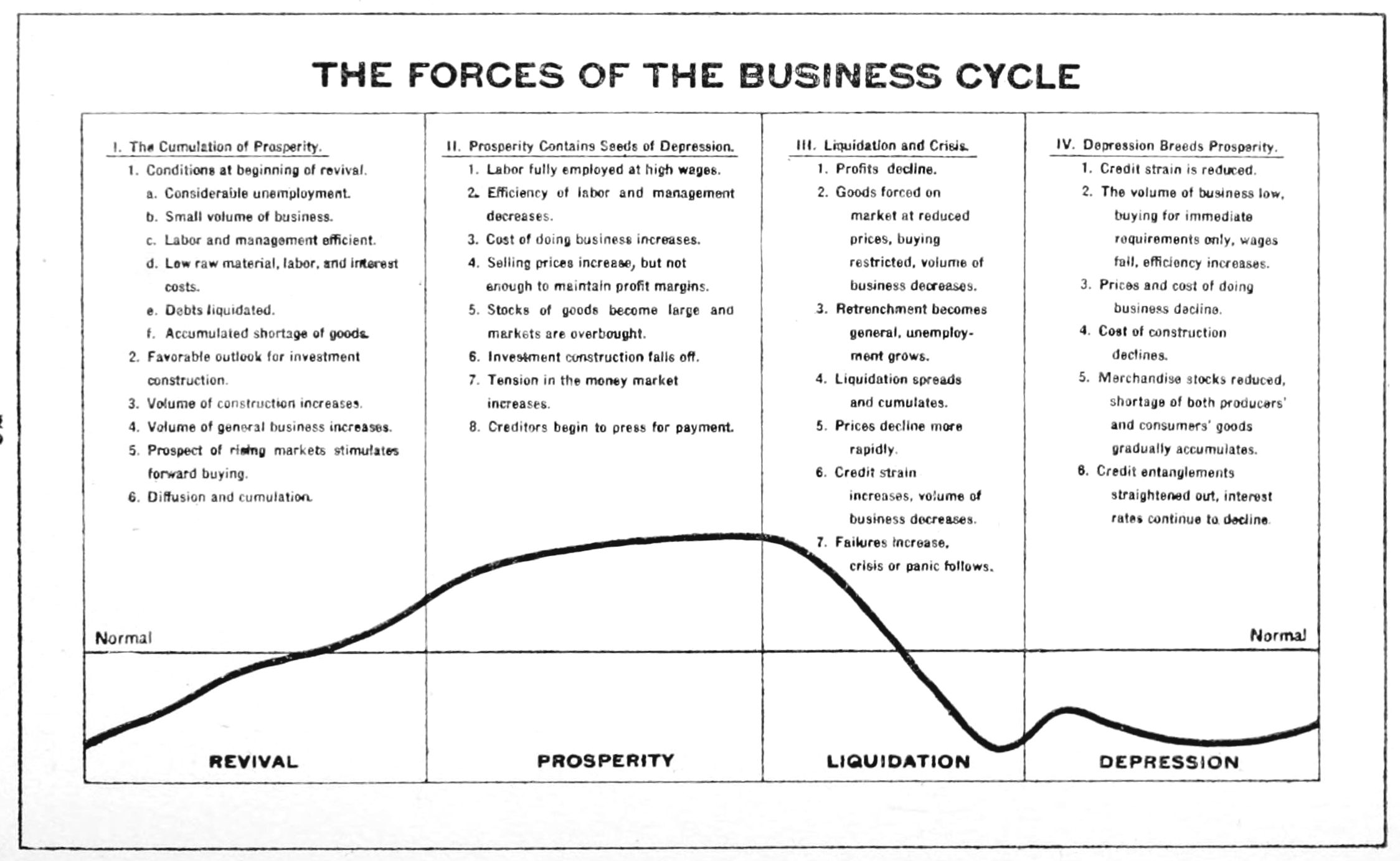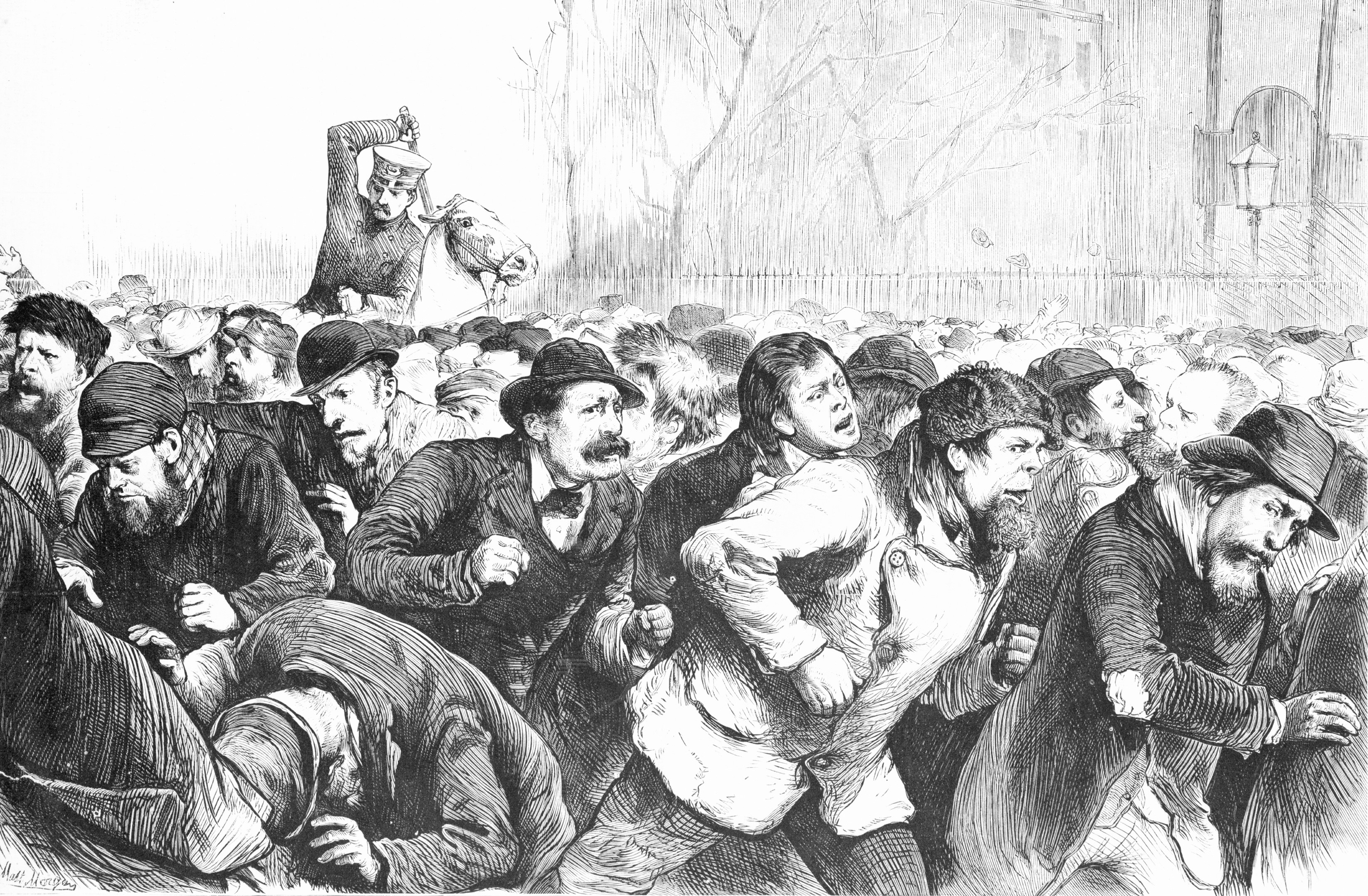|
Underconsumptionist
Underconsumption is a theory in economics that recessions and stagnation arise from an inadequate consumer demand, relative to the amount produced. In other words, there is a problem of overproduction and overinvestment during a demand crisis. The theory formed the basis for the development of Keynesian economics and the theory of aggregate demand after the 1930s. Underconsumption theory narrowly refers to heterodox economists in Britain in the 19th century, particularly from 1815 onwards, who advanced the theory of underconsumption and rejected classical economics in the form of Ricardian economics. The economists did not form a unified school, and their theories were rejected by mainstream economics of the time. Underconsumption is an old concept in economics that goes back to the 1598 French mercantilist text ''Les Trésors et richesses pour mettre l'Estat en Splendeur'' (''The Treasures and riches to put the State in Splendor'') by Barthélemy de Laffemas, if not earlier. Th ... [...More Info...] [...Related Items...] OR: [Wikipedia] [Google] [Baidu] |
Crisis Theory
Crisis theory, concerning the causes and consequences of the tendency for the rate of profit to fall in a capitalist system, is associated with Marxian critique of political economy, and was further popularised through Marxist economics. History Earlier analysis by Jean Charles Léonard de Sismondi provided the first suggestions of the systemic roots of Crisis. "The distinctive feature of Sismondi's analysis is that it is geared to an explicit dynamic model in the modern sense of this phrase ... Sismondi's great merit is that he used, systematically and explicitly, a schema of periods, that is, that he was the first to practice the particular method of dynamics that is called period analysis". Marx praised and built on Sismondi's theoretical insights. Rosa Luxemburg and Henryk Grossman both subsequently drew attention to both Sismondi's work on the nature of capitalism, and as a reference point for Karl Marx. Grossman in particular pointed out how Sismondi had contributed to ... [...More Info...] [...Related Items...] OR: [Wikipedia] [Google] [Baidu] |
Mainstream Economics
Mainstream economics is the body of knowledge, theories, and models of economics, as taught by universities worldwide, that are generally accepted by economists as a basis for discussion. Also known as orthodox economics, it can be contrasted to heterodox economics, which encompasses various schools or approaches that are only accepted by a minority of economists. The economics profession has traditionally been associated with neoclassical economics. This association has however been challenged by prominent historians of economic thought like David Collander. They argue the current economic mainstream theories, such as game theory, behavioral economics, industrial organization, information economics, and the like, share very little common ground with the initial axioms of neoclassical economics. History Economics has always featured multiple schools of economic thought, with different schools having different prominence across countries and over time. The current use of the ... [...More Info...] [...Related Items...] OR: [Wikipedia] [Google] [Baidu] |
Business Cycles
Business cycles are intervals of expansion followed by recession in economic activity. These changes have implications for the welfare of the broad population as well as for private institutions. Typically business cycles are measured by examining trends in a broad economic indicator such as Real Gross Domestic Production. Business cycle fluctuations are usually characterized by general upswings and downturns in a span of macroeconomic variables. The individual episodes of expansion/recession occur with changing duration and intensity over time. Typically their periodicity has a wide range from around 2 to 10 years (the technical phrase "stochastic cycle" is often used in statistics to describe this kind of process.) As in arvey, Trimbur, and van Dijk, 2007, ''Journal of Econometrics'' such flexible knowledge about the frequency of business cycles can actually be included in their mathematical study, using a Bayesian statistical paradigm. There are numerous sources of business ... [...More Info...] [...Related Items...] OR: [Wikipedia] [Google] [Baidu] |
Say's Law
In classical economics, Say's law, or the law of markets, is the claim that the production of a product creates demand for another product by providing something of value which can be exchanged for that other product. So, production is the source of demand. In his principal work, ''A Treatise on Political Economy'' (''Traité d'économie politique'', 1803), Jean-Baptiste Say wrote: "A product is no sooner created, than it, from that instant, affords a market for other products to the full extent of its own value." And also, "As each of us can only purchase the productions of others with his own productions – as the value we can buy is equal to the value we can produce, the more men can produce, the more they will purchase." Some maintain that Say further argued that this law of markets implies that a general glut (a widespread excess of supply over demand) cannot occur. If there is a surplus of one good, there must be unmet demand for another: "If certain goods remain unsold, it ... [...More Info...] [...Related Items...] OR: [Wikipedia] [Google] [Baidu] |
Economics
Economics () is the social science that studies the Production (economics), production, distribution (economics), distribution, and Consumption (economics), consumption of goods and services. Economics focuses on the behaviour and interactions of Agent (economics), economic agents and how economy, economies work. Microeconomics analyzes what's viewed as basic elements in the economy, including individual agents and market (economics), markets, their interactions, and the outcomes of interactions. Individual agents may include, for example, households, firms, buyers, and sellers. Macroeconomics analyzes the economy as a system where production, consumption, saving, and investment interact, and factors affecting it: employment of the resources of labour, capital, and land, currency inflation, economic growth, and public policies that have impact on glossary of economics, these elements. Other broad distinctions within economics include those between positive economics, desc ... [...More Info...] [...Related Items...] OR: [Wikipedia] [Google] [Baidu] |
Depression (economics)
An economic depression is a period of carried long-term economical downturn that is result of lowered economic activity in one major or more national economies. Economic depression maybe related to one specific country were there is some economic crisis that has worsened but most often reflexes historically the American Great Depression and similar economic status that may be recognized as existing at some country, several countries or even in many countries. It is often understood in economics that economic crisis and the following recession that maybe named economic depression are part of economic cycles where slowdown of economy follows the economic growth and vice versa. It is a result of more severe economic problems or a ''downturn'' than the economic recession, recession itself, which is a slowdown in economic activity over the course of the normal business cycle of growing economy. Economic depressions maybe also characterized by their length or duration, and maybe showing ... [...More Info...] [...Related Items...] OR: [Wikipedia] [Google] [Baidu] |
The Fable Of The Bees
''The Fable of The Bees: or, Private Vices, Publick Benefits'' (1714) is a book by the Anglo-Dutch social philosopher Bernard Mandeville. It consists of the satirical poem ''The Grumbling Hive: or, Knaves turn'd Honest'', which was first published anonymously in 1705; a prose discussion of the poem, called "Remarks"; and an essay, ''An Enquiry into the Origin of Moral Virtue''. In 1723, a second edition was published with two new essays. In ''The Grumbling Hive'', Mandeville describes a bee community that thrives until the bees decide to live by honesty and virtue. As they abandon their desire for personal gain, the economy of their hive collapses, and they go on to live simple, "virtuous" lives in a hollow tree. Mandeville's implication—that private vices create social benefits—caused a scandal when public attention turned to the work, especially after its 1723 edition. Mandeville's social theory and the thesis of the book, according to E. J. Hundert, is that "contempora ... [...More Info...] [...Related Items...] OR: [Wikipedia] [Google] [Baidu] |
Economic Bubble
An economic bubble (also called a speculative bubble or a financial bubble) is a period when current asset prices greatly exceed their intrinsic valuation, being the valuation that the underlying long-term fundamentals justify. Bubbles can be caused by overly optimistic projections about the scale and sustainability of growth (e.g. dot-com bubble), and/or by the belief that intrinsic valuation is no longer relevant when making an investment (e.g. Tulip mania). They have appeared in most asset classes, including equities (e.g. Roaring Twenties), commodities (e.g. Uranium bubble), real estate (e.g. 2000s US housing bubble), and even esoteric assets (e.g. Cryptocurrency bubble). Bubbles usually form as a result of either excess liquidity in markets, and/or changed investor psychology. Large multi-asset bubbles (e.g. 1980s Japanese asset bubble and the 2020–21 Everything bubble), are attributed to central banking liquidity (e.g. overuse of the Fed put). In the early stages o ... [...More Info...] [...Related Items...] OR: [Wikipedia] [Google] [Baidu] |
Over-investment
In economics, overproduction, oversupply, excess of supply or glut refers to excess of supply over demand of products being offered to the market. This leads to lower prices and/or unsold goods along with the possibility of unemployment. The demand side equivalent is underconsumption; some consider supply and demand two sides to the same coin – excess supply is only relative to a given demand, and insufficient demand is only relative to a given supply – and thus consider overproduction and underconsumption equivalent. Overproduction is often attributed as due to previous overinvestment – creation of excess productive capacity, which must then either lie idle (or under capacity), which is unprofitable, or produce an excess supply. Explanation Overproduction is the accumulation of unsalable inventories in the hands of businesses. Overproduction is a relative measure, referring to the excess of production over consumption. The tendency for an overproduction of commodities ... [...More Info...] [...Related Items...] OR: [Wikipedia] [Google] [Baidu] |
Marxian Economics
Marxian economics, or the Marxian school of economics, is a Heterodox economics, heterodox school of political economic thought. Its foundations can be traced back to Karl Marx, Karl Marx's Critique of political economy#Marx's critique of political economy, critique of political economy. However, unlike Critique of political economy, critics of political economy, Marxian economists tend to accept the concept of economy, the economy prima facie. Marxian economics comprises several different theories and includes multiple schools of thought, which are sometimes opposed to each other; in many cases Marxian analysis is used to complement, or to supplement, other economic approaches. Because one does not necessarily have to be politically Marxism, Marxist to be economically Marxian, the two adjectives coexist in usage, rather than being synonymous: They share a semantic field, while also allowing both connotation, connotative and denotation, denotative differences. Marxian economics ... [...More Info...] [...Related Items...] OR: [Wikipedia] [Google] [Baidu] |
Organic Composition Of Capital
The organic composition of capital (OCC) is a concept created by Karl Marx in his theory of capitalism, which was simultaneously his critique of the political economy of his time. It is derived from his more basic concepts of 'value composition of capital' and 'technical composition of capital'. Marx defines the organic composition of capital as "the value-composition of capital, in so far as it is determined by its technical composition and mirrors the changes of the latter". The 'technical composition of capital' measures the relation between the elements of constant capital (plant, equipment and materials) and variable capital (wage workers). It is 'technical' because no valuation is here involved. In contrast, the 'value composition of capital' is the ratio between the value of the elements of constant capital involved in production and the value of the labor. Marx found that the special concept of 'organic composition of capital' was sometimes useful in analysis, since it assu ... [...More Info...] [...Related Items...] OR: [Wikipedia] [Google] [Baidu] |




